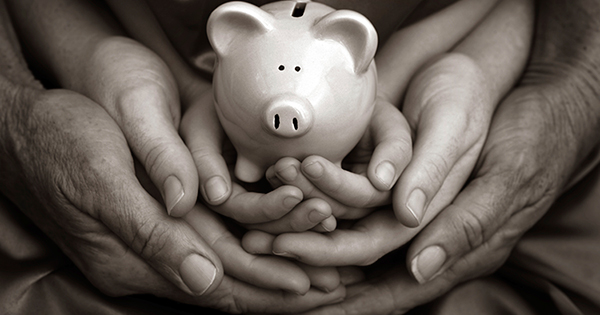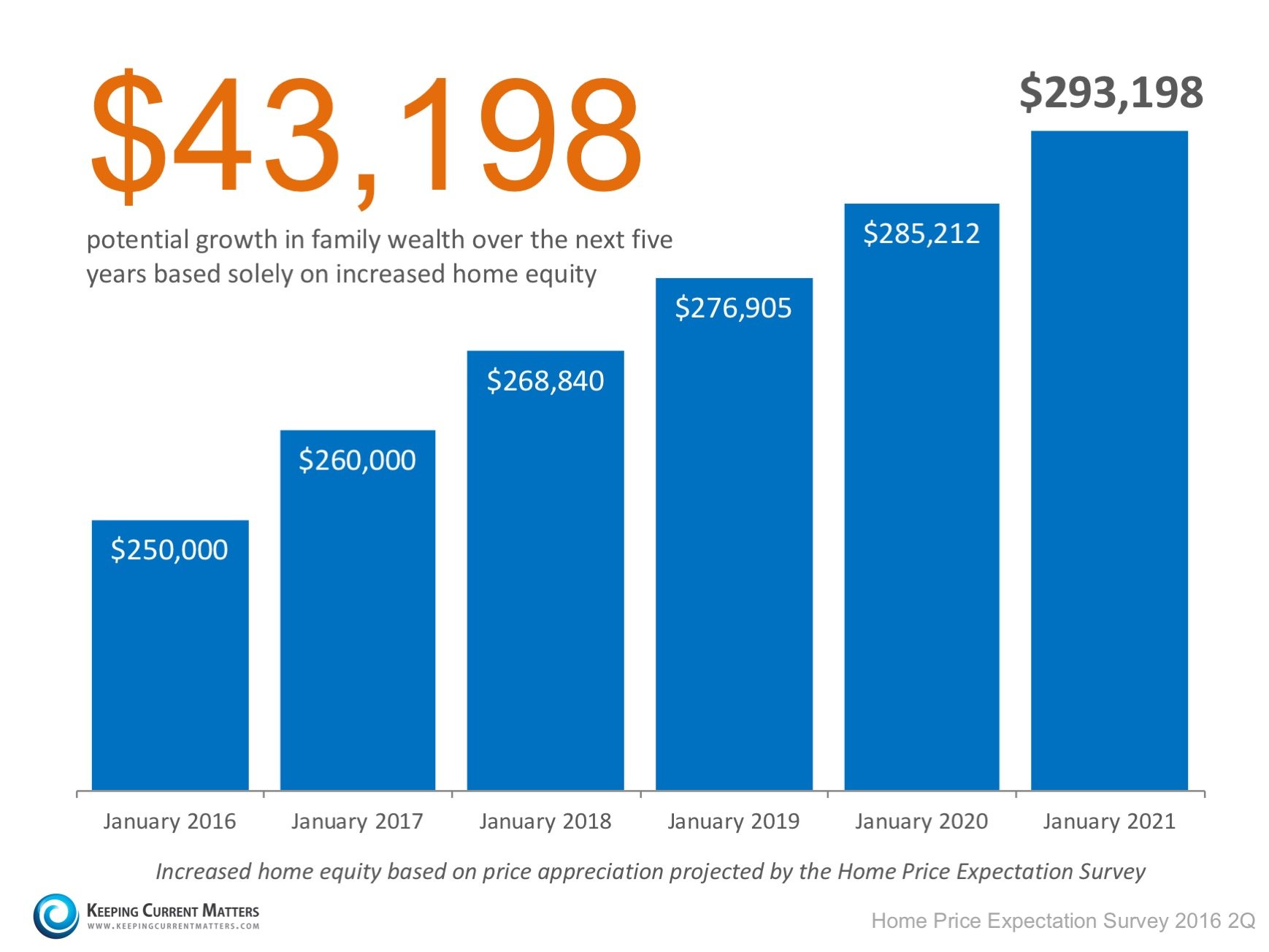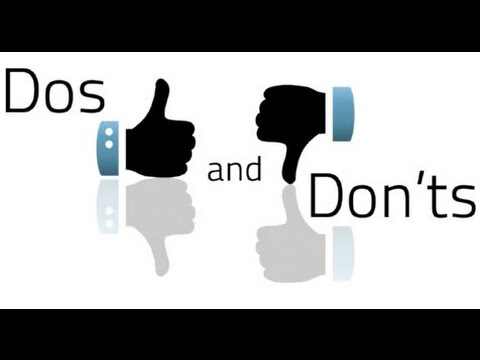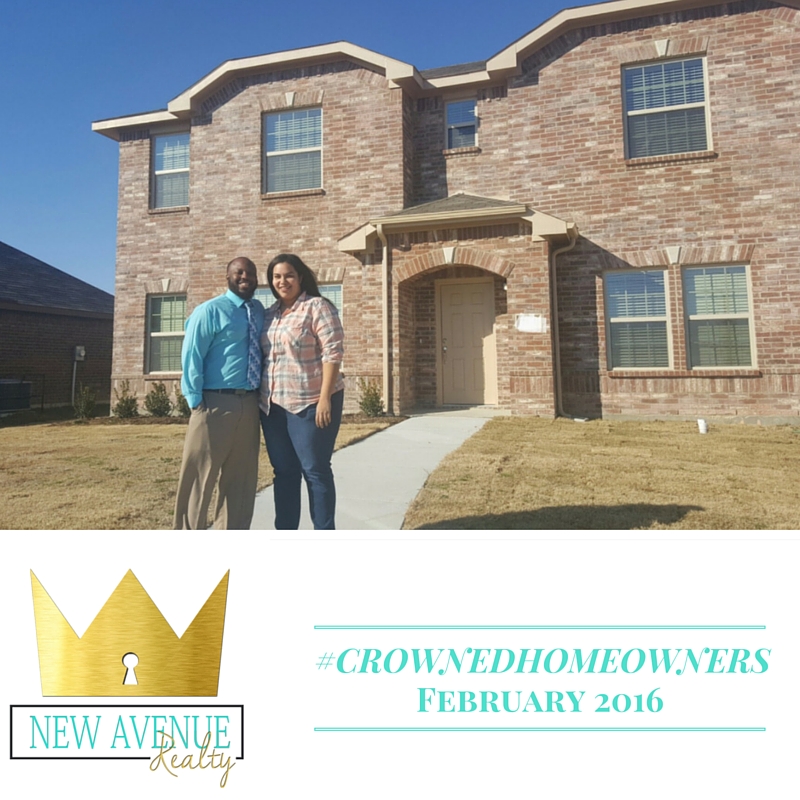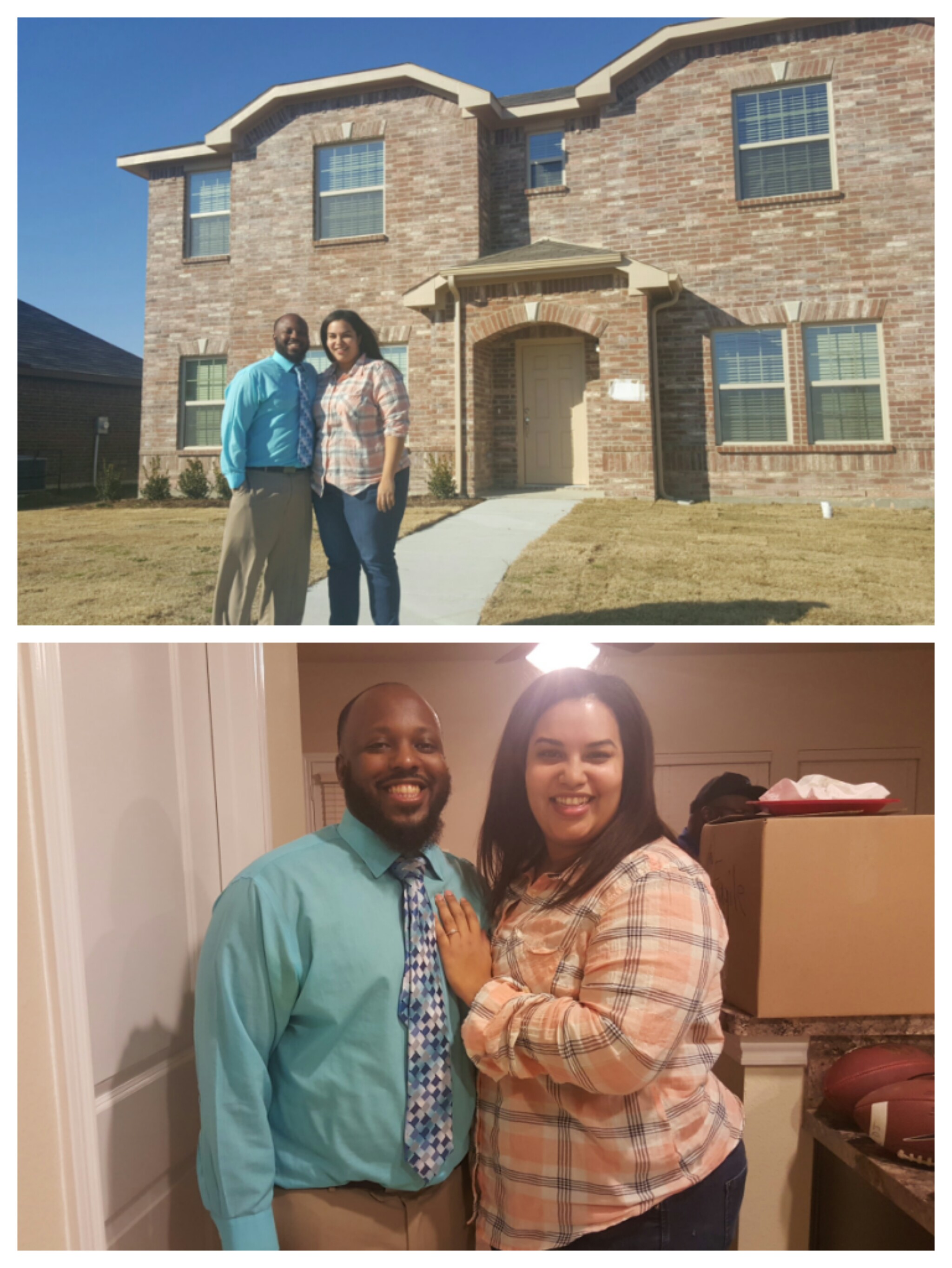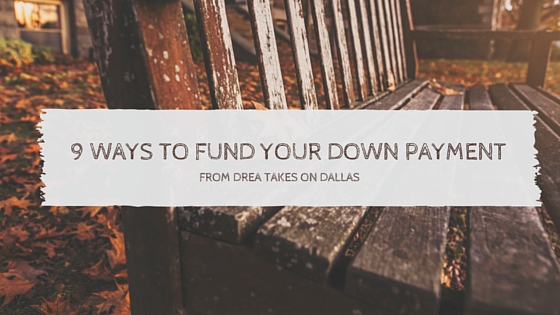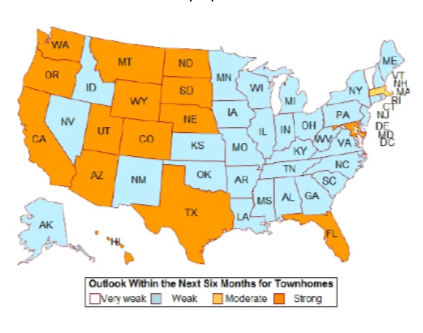Last week, CNBC ran an article quoting self-made millionaire David Bach explaining that not purchasing a home is “the single biggest mistake millennials are making”because buying real estate is “an escalator to wealth.”
Bach went on to explain:
“If millennials don’t buy a home, their chances of actually having any wealth in this country are little to none. The average homeowner to this day is 38 times wealthier than a renter.”
In his bestselling book, “The Automatic Millionaire,” Bach does the math:
“As a renter, you can easily spend half a million dollars or more on rent over the years ($1,500 a month for 30 years comes to $540,000), and in the end wind up just where you started — owning nothing. Or you can buy a house and spend the same amount paying down a mortgage, and in the end wind up owning your own home free and clear!”
Who is David Bach?
Bach is a self-made millionaire who has written nine consecutive New York Timesbestsellers. His book, “The Automatic Millionaire,” spent 31 weeks on the New York Times bestseller list. He is one of the only business authors in history to have four books simultaneously on the New York Times, Wall Street Journal, BusinessWeek and USA Today bestseller lists.
He has been a contributor to NBC’s Today Show appearing more than 100 times, has been a regular on ABC, CBS, Fox, CNBC, CNN, Yahoo, The View, and PBS, and has been profiled in many major publications, including The New York Times, BusinessWeek, USA Today, People, Reader’s Digest, Time, Financial Times, The Washington Post, The Wall Street Journal, Working Woman, Glamour, Family Circle, Redbook, Huffington Post, Business Insider, Investors’ Business Daily, and Forbes.
Bottom Line
Whenever a well-respected millionaire gives investment advice, people usually clamor to hear it. This millionaire gave simple advice – if you don’t yet live in your own home, go buy one.
As a fellow millenial, I have the same sentiments. It’s another staple to your portfolio that happens to be the place you spend a lot of time at. Buying a home doesn’t mean a single-family in the suburbs. It can be a condo or a townhome as well.

